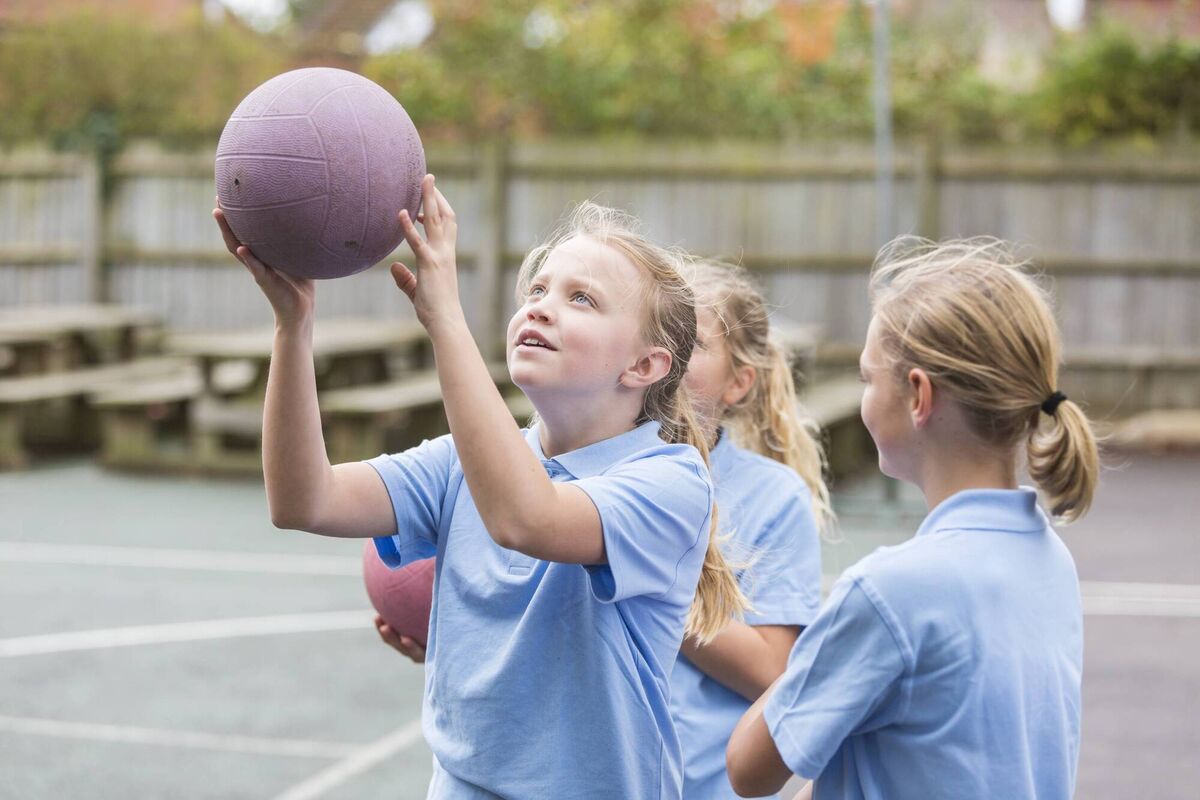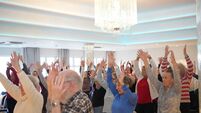How to keep girls in sport as they head towards teens

Sports Ireland carried out research recently that looked at teen attitudes to sport - the influence of friends is the most dominating factor.
WE, like many others I am sure, are knee deep in sports at the moment.
It is a time of the year where athletics events are a day-long dedication almost every weekend, and then there are both football and camogie matches and blitzes to be fitted in around busy schedules.
I used to be very competitive as a child, but as an adult I have a much more laid-back approach to sport than I used to. As my own girls get older and push on towards those early teenage years, where so many young girls drop out of sport, it is something I am very interested in examining, understanding and engaging in as both a parent and an athletics coach.
There are many complex and personal reasons why young girls drop out of sport as teenagers, we all know girls go through huge changes from the age of about ten onwards and through their teenage years. Studies have shown their progress in sport plateaus for a few years as their bodies cope with all the changes they go through, so the huge improvements they make as young children can ease off in their teens. This often leads girls to think they are not getting any better and this can be hugely discouraging and often a reason they drop out of sport when there are so many other demands on their time and energy.
Sports Ireland carried out a comprehensive piece of research recently that examined teenage girls’ attitudes to sport and found that the influence of friends is the most dominating factor influencing them and their continued participation in sport. I chatted to a teenage girl yesterday, for example, who simply said she found athletics lonely at her age especially in a small club like ours and has moved on to play rugby (brilliantly!), enjoying the challenge and the comradery that goes with team sports.
The other primary reason teenage girls drop out of sport is the feeling of not being good enough. The research found that as teenagers they become increasingly self-aware and self-conscious and if they feel they are not the best or an integral part of a team, they become disengaged with sport on the whole.
I know from the sports my girls participate in that the feeling of competitiveness increases drastically with each age group, and if a young girl begins to feel they are either not good enough or not able for the pressure, there is no other option for them but to give up.
It’s not commonplace for girls to train as part of a team and feel no pressure to participate in matches. The overarching finding from the research was that girls need a space or a sport that gives them the opportunity to just participate without worrying about lack of skill level or the pressure to be competitive.

My focus with athletics and with all of the girls’ sports is not on the winning (or losing, although I do like a bit of that too to teach resilience and coping mechanisms!), it is always about participation.
As a coach I try not to talk about competition in front of our athletes because I want them to have a sport they can come to where it doesn’t matter about being the best, because we can’t all be the best but we can all stay active.
I find little reward personally in children getting medals at competition, yes, obviously it is hugely rewarding for the children and the parents involved for all the effort they put in, but let’s not discount the reward there is in children simply returning to training every week because it is something they enjoy.
In sport, we place such emphasis on winning, we celebrate the victories and rightly so, but maybe we should all try celebrating the attendance, the effort and the personal achieve-ments of all the different children we coach.
I have no doubt there are numerous other factors at play that will become more evident to me as my girls get older and become teenagers. I can only hope that, by leading with a positive and balanced approach to sport, they will always want it to play some part in their lives, whatever part that is remains to be seen.










 App?
App?


